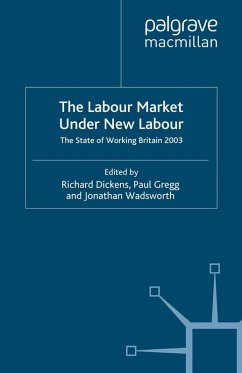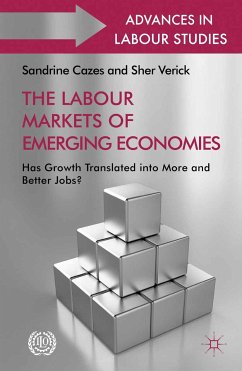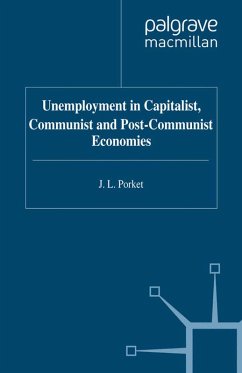
In Defence of Labour Market Institutions (eBook, PDF)
Cultivating Justice in the Developing World
Redaktion: Berg, J.; Kucera, D.
Versandkostenfrei!
Sofort per Download lieferbar
72,95 €
inkl. MwSt.
Weitere Ausgaben:

PAYBACK Punkte
36 °P sammeln!
Though labour market regulations have been blamed for the poor economic performance of many developing countries, the evidence on which this argument rests is weak. Through a survey of different labour market institutions in developing countries, this book reaffirms the importance of labour market institutions in this era of globalization.
Dieser Download kann aus rechtlichen Gründen nur mit Rechnungsadresse in A, B, BG, CY, CZ, D, DK, EW, E, FIN, F, GR, HR, H, IRL, I, LT, L, LR, M, NL, PL, P, R, S, SLO, SK ausgeliefert werden.












